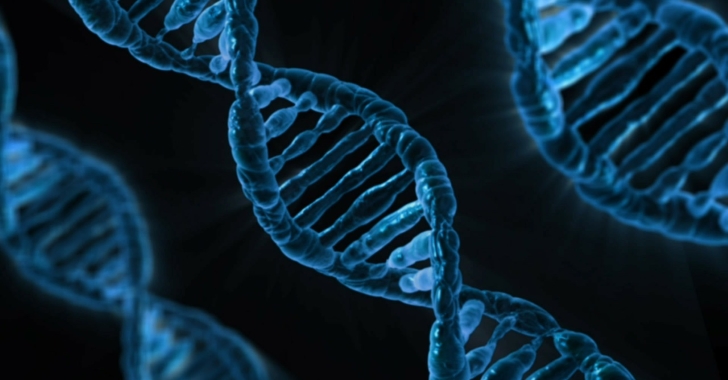ASTANA – Kazakhstan has begun creating a DNA database of individuals who have committed serious crimes, said Astana Institute of Forensic Expertise biological and chemical examination laboratory head Inkar Tazhigulova.
“At the end of last year, the Law on Dactyloscopic and Genomic Registration was adopted. Under this law, all persons convicted of grave and especially serious crimes will be genotyped. This law will come into force in 2021. To date, the preparatory work is underway. That is, on behalf of law enforcement agencies, all the genetic material found at the crime scene and belonging to unknown persons will now be entered into the database, so that in the future, if there are any suspects or convicts for serious crimes, they will be compared automatically with this whole base,” she said, as reported by inform.kz.
The information will save time and help solve the crimes.
“For the first time, such a database was created in the United Kingdom in 1995 and I was lucky to enter a scientific internship there within the Bolashak Programme last year. The theme of my project was to study the experience of this country in this matter; that is, to study all the laws and regulations that regulate this process. After I returned home, I joined the working group to create this law. Now, many of our experts are part of the group for the development of subsequent regulatory documents that will regulate this law,” she said.
The Institute of Forensic Expertise currently conducts molecular-gynaecological studies for civil and criminal legal proceedings. In civil cases, the data relates to paternity issues; in criminal cases, crimes against a person, including murder, rape, identification of unidentified remains and similar incidents. Such expertise was previously required only for grave and especially grave crimes. Now, the range of use of this type of investigation is expanding, said Tazhigulova, as it is requested for illegal drug trafficking, theft and other crimes.
She believes everyone should know what DNA is, explaining it is the individual genetic material for every human being and identical in identical twins. A genetic passport is needed for individuals whose professions are associated with a risk to life, such as those involved in law enforcement, the military, pilots and even journalists, said Tazhigulova.
